As the sun sets on a continent steeped in history and rich in cultural diversity, the silhouette of Africa seems to shimmer with an almost ethereal radiance. This land, in all its captivating complexity, has long been a source of inspiration for its artists, who, with their creative minds, have the power to transcend boundaries, challenge conventions, and ignite change. In recent years, the focus of these artistic endeavors has shifted towards a noble and pressing cause: the empowerment of women.
Across Africa, women face a plethora of challenges that hinder their social, economic, and political development. The fight for gender equality has become an urgent necessity, and art, with its inherent ability to inspire and effect change, has emerged as a powerful ally in this struggle. In this journal, we will delve into the transformative role African artists play in empowering women and fostering change, as they wield their artistic talents to raise awareness, challenge traditional gender roles, and promote gender equality.
Art as a means of raising awareness about women’s issues
A picture, it is often said, is worth a thousand words. In the hands of African artists, this adage rings resoundingly true, as they skillfully employ various artistic mediums to vividly portray the experiences and struggles of women, giving voice to their triumphs and tribulations.
a. Photography and photojournalism
The power of photography to capture the essence of a moment and communicate complex emotions has made it an invaluable tool for raising awareness about women’s issues. South African photographer Zanele Muholi, for instance, has dedicated her career to documenting the lives of LGBTQ+ women in her country, shedding light on their resilience in the face of adversity. Her striking images are not only an invitation to empathize with these marginalized individuals but also a call to action, demanding that their stories be heard and their rights respected.
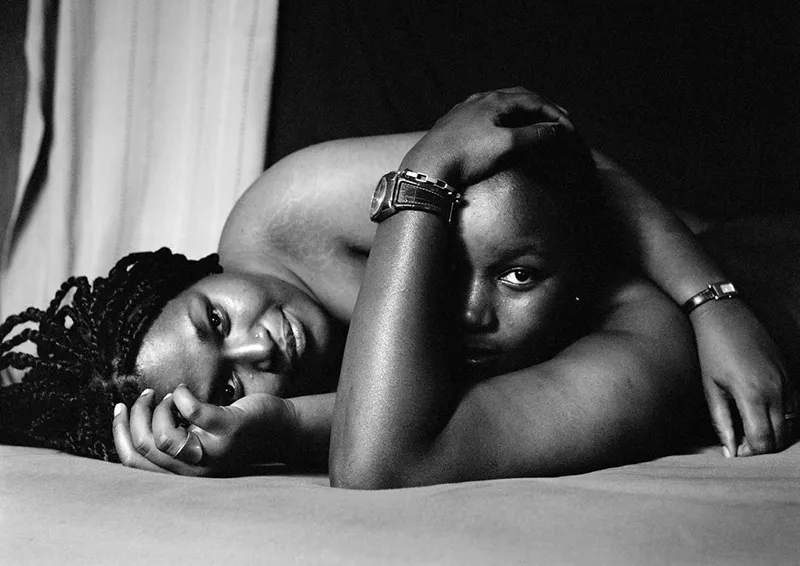
b. Painting and illustration
Painting and illustration, too, have played a significant role in raising awareness about women’s issues in Africa. Nigerian artist Toyin Ojih Odutola’s evocative portraits, which explore the lives and identities of African women, offer a unique insight into their inner worlds, while simultaneously challenging the viewer’s preconceptions about race and gender. Similarly, Ethiopian artist Aida Muluneh’s arresting photography addresses issues of women’s health and well-being, her vibrant images speaking volumes about the importance of empowering women to take control of their own bodies and lives.
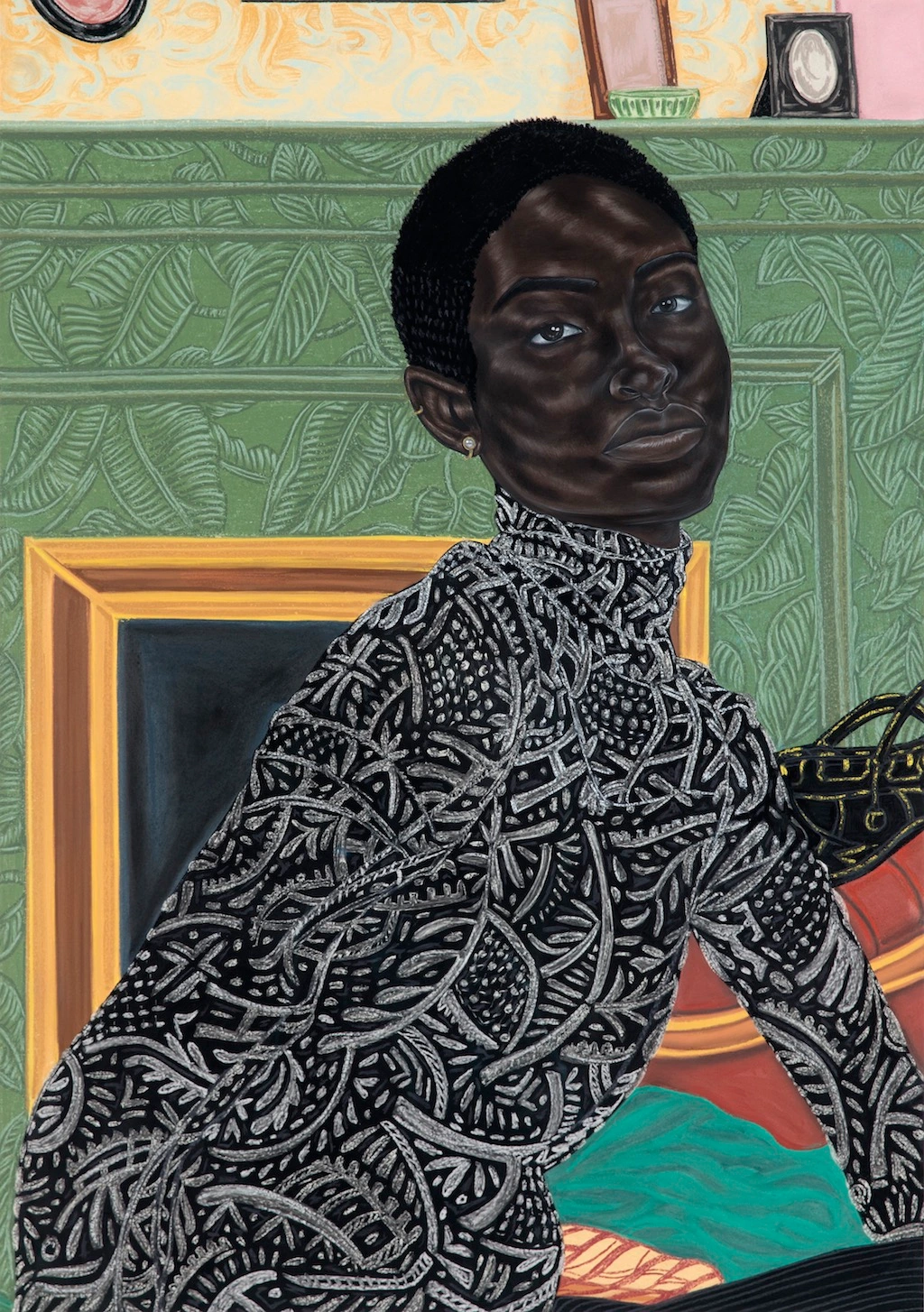
Challenging traditional gender roles and stereotypes through art
In their quest to empower women, African artists have also sought to challenge and subvert the traditional gender roles and stereotypes that permeate their societies. Through their work, they encourage dialogue and critical thinking, urging their audience to question long-held beliefs and assumptions about women’s place in the world.
a. Wangechi Mutu’s mixed-media collages
Kenyan-born artist Wangechi Mutu’s mixed-media collages are a prime example of this approach. By fusing elements of African culture and Western art, Mutu creates arresting images that challenge conventional ideals of femininity and beauty. Her work, a visual feast of color and form, invites viewers to reevaluate their own understanding of women’s roles and societal expectations, thereby opening the door to a more inclusive and egalitarian worldview.
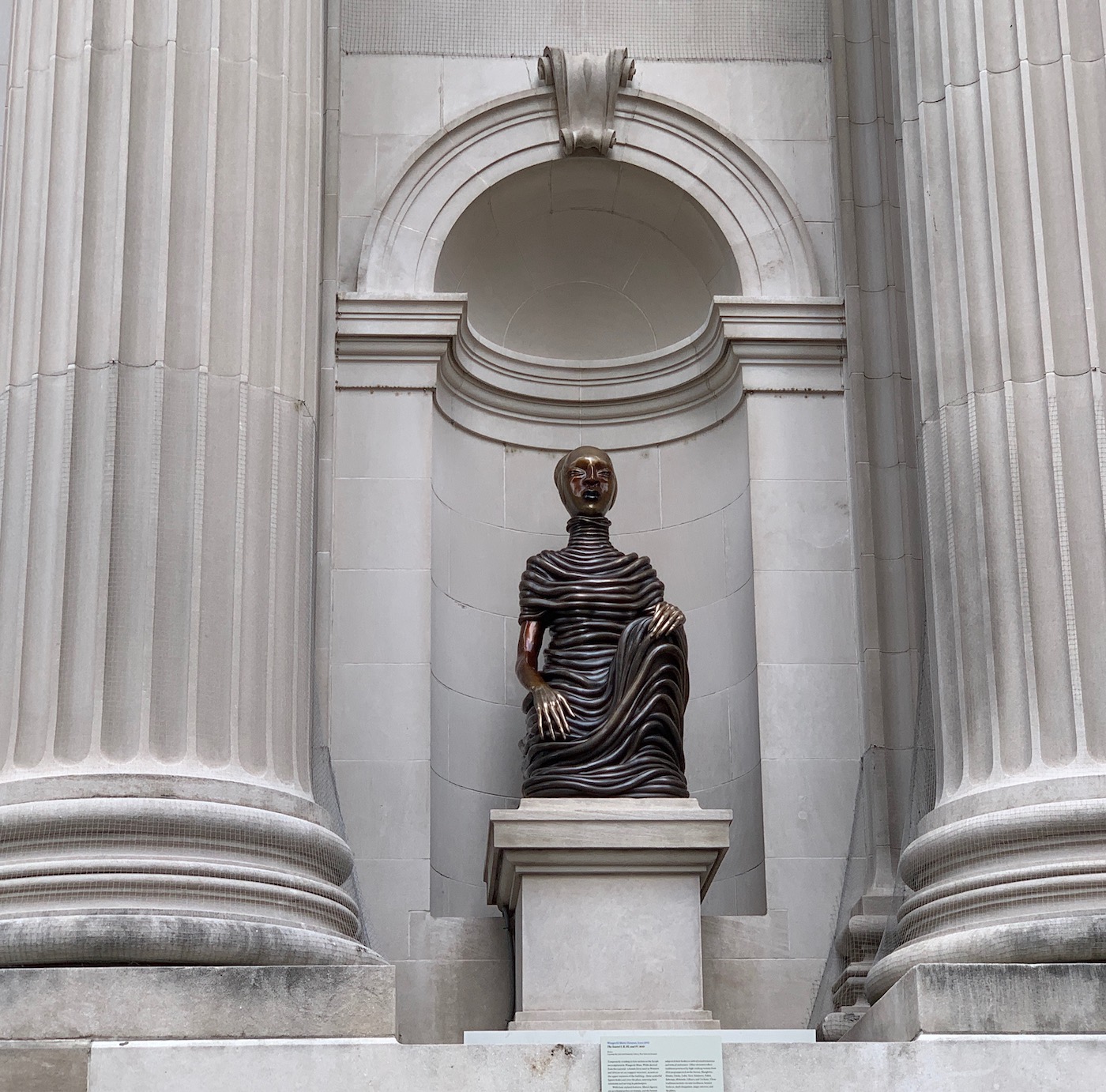
b. Billie Zangewa’s silk tapestries
Similarly, Malawian artist Billie Zangewa’s intricate silk tapestries celebrate the strength and resilience of everyday women, as they navigate the myriad challenges that life throws their way. Zangewa’s art serves as a powerful reminder of the often-overlooked heroism of women, pushing back against the stereotype that they are passive or weak. By elevating the ordinary to the extraordinary, Zangewa’s work encourages viewers to recognize and appreciate the vital role women play in their communities and society as a whole.
c. Mary Sibande’s sculptures and installations
South African artist Mary Sibande’s sculptures and installations offer another compelling example of art’s ability to challenge traditional gender roles. Sibande’s work explores the legacy of apartheid on black women’s lives, focusing particularly on the experiences of domestic workers. Through her striking and thought-provoking pieces, Sibande confronts the viewer with the harsh realities faced by these women, while simultaneously empowering them by imbuing her characters with a sense of dignity and agency.
Art as a tool for promoting gender equality and empowering women
Beyond raising awareness and challenging stereotypes, African artists are also using their creative talents to actively promote gender equality and empower women.
a. Marlene Dumas’s paintings
South African artist Marlene Dumas‘s paintings address issues of gender, race, and identity, tackling these complex themes with a raw and unflinching honesty. Her work serves as a powerful call to action, urging viewers to confront their own biases and prejudices, and to recognize the importance of creating a more just and equitable world for all.
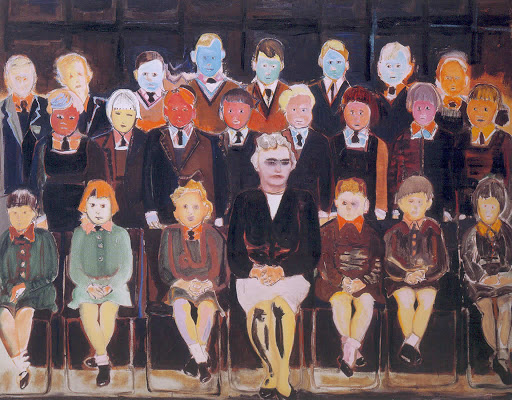
b. Lebohang Kganye’s photography
Lebohang Kganye, a South African photographer, explores themes of memory, loss, and female empowerment through her evocative images. Kganye’s work is a testament to the resilience and strength of women, even in the face of adversity, and serves as a potent reminder of the potential for growth and healing that lies within each individual.
c. Malala Andrialavidrazana’s works
Malagasy artist Malala Andrialavidrazana’s art delves into the intersection of gender, history, and power dynamics, creating thought-provoking pieces that challenge viewers to reconsider their understanding of these complex relationships. Andrialavidrazana’s work is a powerful reminder of the importance of acknowledging and addressing the historical context in which gender inequality has arisen, and the need for continued activism in the fight for a more equitable future.
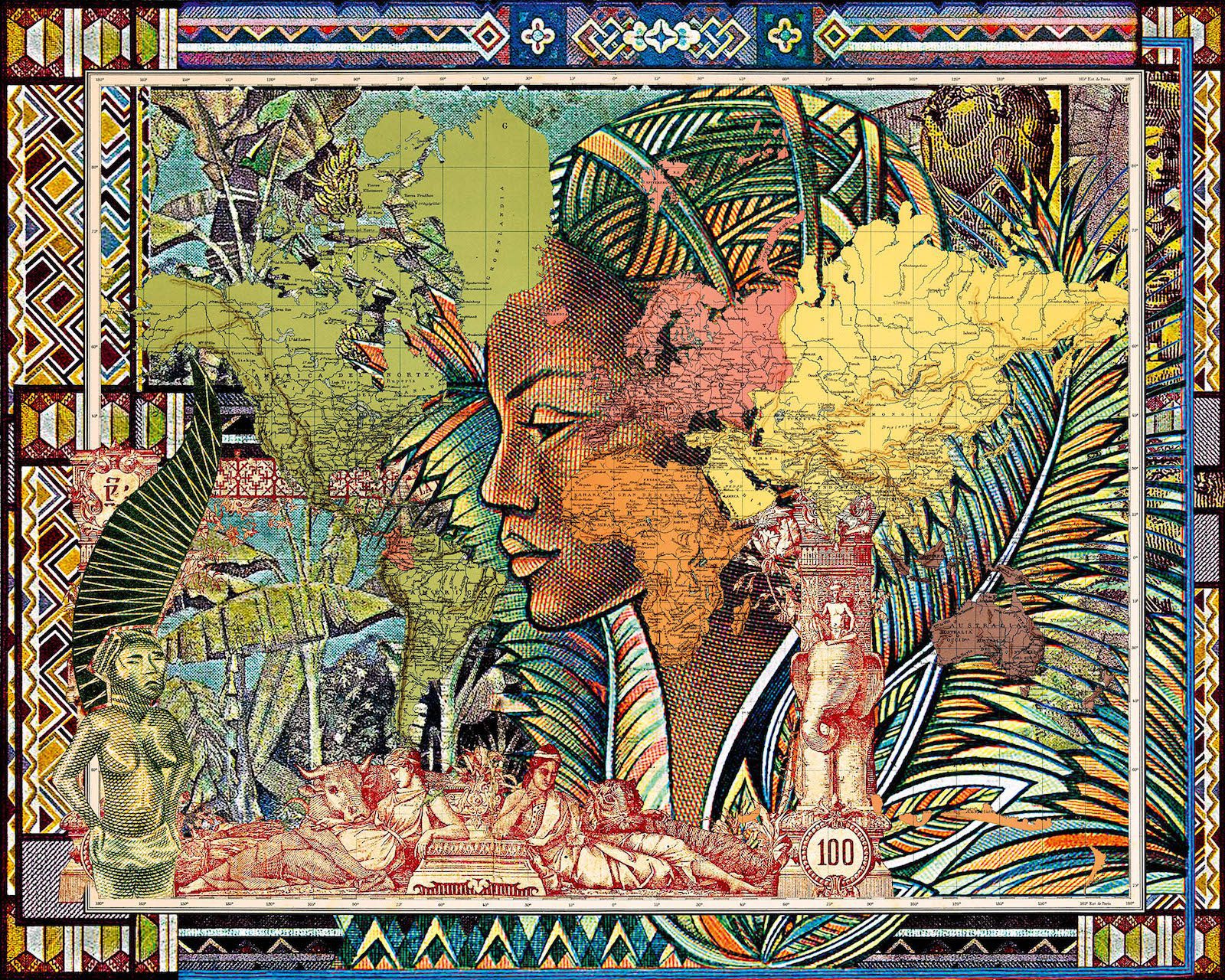
In conclusion, the creative power and passion of African artists are vital forces in the ongoing battle for gender equality. Through their work, they raise awareness about the complexities and challenges faced by women, challenge societal norms and stereotypes that perpetuate inequality, and actively work to create positive change and empower those affected by gender disparities.
As we look to the future, it is clear that the role of art in fostering empathy, understanding, and solidarity will continue to be of paramount importance. The transformative potential of art in the pursuit of a more just and equitable world is truly boundless, and the African artists who have dedicated their lives to this noble cause serve as shining examples of what can be achieved when creativity and compassion unite in the service of humanity.
Ultimately, the resilience, adaptability, and ingenuity of African artists offer hope and inspiration to all who seek to create a brighter future for the African continent and beyond. In their unwavering commitment to empowering women through art, they remind us of the power of art to not only reflect the world in which we live but also to reshape it for the better.


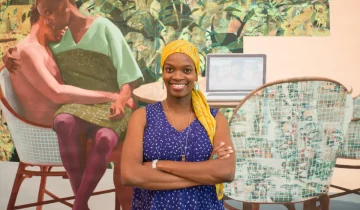

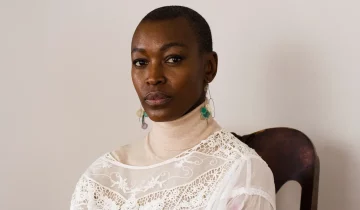
 No products in the basket.
No products in the basket.